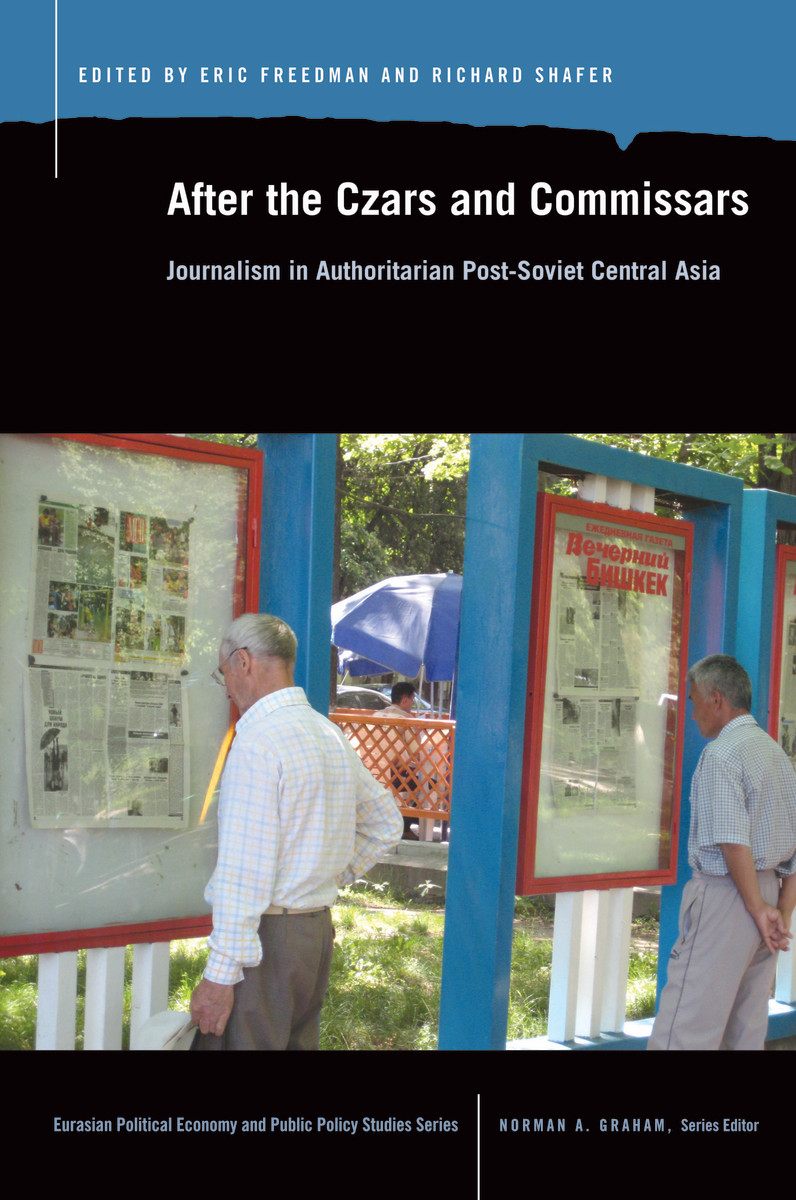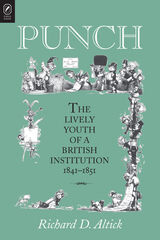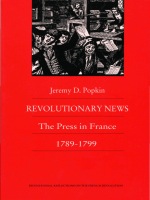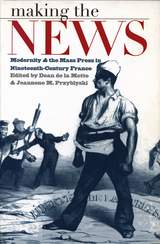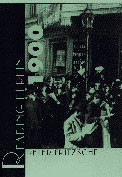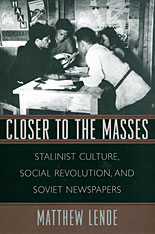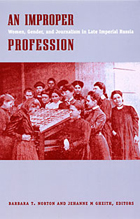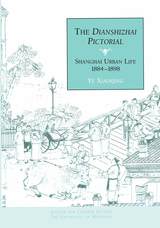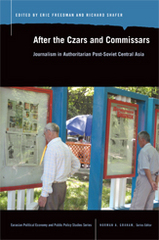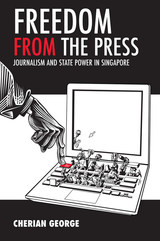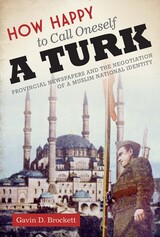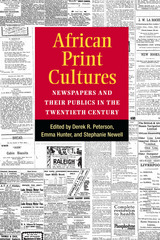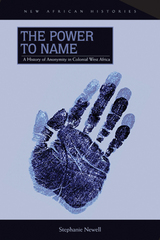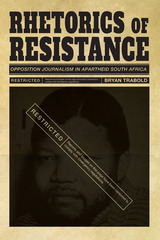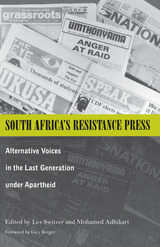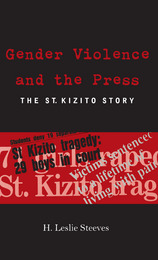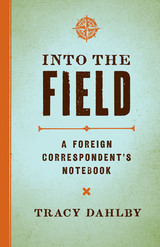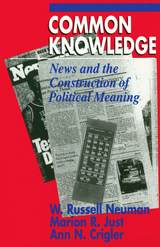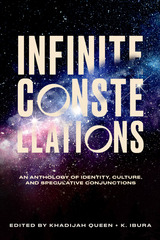After the Czars and Commissars: Journalism in Authoritarian Post-Soviet Central Asia
Michigan State University Press, 2011
Paper: 978-1-61186-005-4 | eISBN: 978-1-60917-228-2
Library of Congress Classification PN5449.C6A38 2011
Dewey Decimal Classification 079.58
Paper: 978-1-61186-005-4 | eISBN: 978-1-60917-228-2
Library of Congress Classification PN5449.C6A38 2011
Dewey Decimal Classification 079.58
ABOUT THIS BOOK | AUTHOR BIOGRAPHY | TOC | REQUEST ACCESSIBLE FILE
ABOUT THIS BOOK
From Czarism and Bolshevism to the current post-communist era, the media in Central Asia has been tightly constrained. Though the governments in the region assert that a free press is permitted to operate, research has shown this to be untrue. In all five former Soviet republics of Central Asia, the media has been controlled, suppressed, punished, and often outlawed. This enlightening collection of essays investigates the reasons why these countries have failed to develop independent and sustainable press systems. It documents the complex relationship between the press and governance, nation-building, national identity, and public policy. In this book, scholars explore the numerous and broad-reaching implications of media control in a variety of contexts, touching on topics such as Internet regulation and censorship, press rights abuses, professional journalism standards and self-censorship, media ownership, ethnic newspapers, blogging, Western broadcasting into the region, and coverage of terrorism.
See other books on: After | Censorship | Freedom of the press | Post-communism | Press and politics
See other titles from Michigan State University Press
